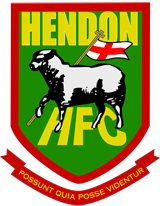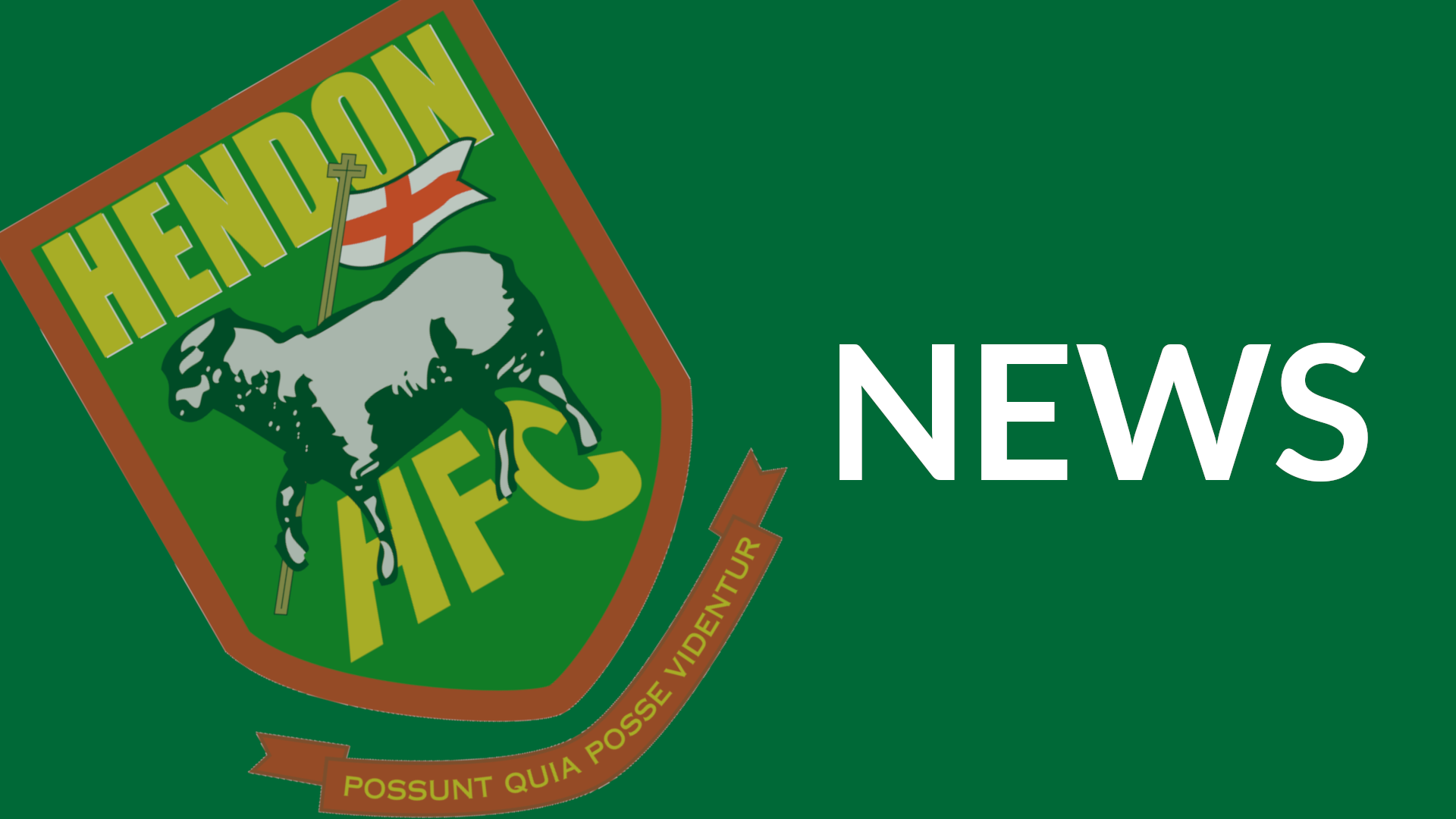

One of the pleasures of being a fan of a club such as Hendon is that when an exceptional player arrives, has success and moves on to pastures new, is that you can follow his subsequent career and think, maybe my club played a part in this success.
Dermot Drummy arrived at Hendon after being released by Arsenal without playing in the Football League for the Gunners. He had gone on loan to Blackpool, where he played a handful of matches.
Few players in my 40+ years watching the Greens have had the level of skill and confidence that Dermot possessed. A genuinely outstanding winger, his party trick was a dummy when he dropped his hands either side of the ball and shaped to pick it up. Defenders, almost without exception, stopped - at which point Dermot would knock the ball past him, run on and cause chaos in the opposing penalty area.
He left us to sign for Enfield, then in the Conference, and spent just under three seasons with the Es, winning the title in 1985-86. Malcolm Graves, the phantom bugler, was on the Hendon FC Committee in 1986, when Ted Hardy was manager, and he persuaded his fellow members to stump up the money to bring Dermot back to the club in autumn 1986.
Dermot's second League debut came in the same match that Iain Dowie made his first Hendon appearance, and they scored three of the four goals in a trouncing of Hitchin at Top Field. On 2 June 1988, Drummy and Dowie were the scorers as Hendon beat Wembley 2-0 in the Russell Grant Middlesex Charity Cup final at Wembley Stadium, our last visit to the Twin Towers.
It was full circle for Dermot, who had made his Hendon debut in the same competition, a 5-0 demolition of Southall at Western Road. The fathers of three future Hendon players were in that line-up: Peter Deadman, Paul Currie and Jock McGleish (Scott played in our youth team with Darren Currie in 1991-92). Other notable players in Hendon's eleven that night were John Swannell, Gary Hand, former Arsenal team-mate and Double-winner Peter Simpson and Alan Campbell.
Just over thirty years ago, Dermot scored for Hendon in the Will Mather Cup at Whitley Bay (some Hendon fans might just remember the other two scorers in the 3-1 win, Stan Alexander and Billy McMillan).
I have four vivid memories of that day at Hillheads Park. First was Dermot having a goal disallowed for calling for the ball in a London accent. The referee penalised him for calling out without giving a name and when he said to the referee, "I called my name" (he did – I was standing behind the goal and clearly heard "Dermot's"), the referee responded with something along the lines that he hadn't understood.
That evening, the squad went back to their hotel on the Whitley Bay seafront - my stories about the Chinese takeaway and Royal Hotel are not for repeating here - but by the time another supporter and I had played a game of 10-pin bowling in the centre adjacent to the ground, we went back into the clubhouse to find the trophy sitting there. After looking around the clubhouse it was clear no Hendon people remained.
I spoke to the bar manager and told him of our predicament (mobile phones didn't exist in 1983) and asked if it was OK if we took it back to the hotel with us. He said it was OK, so the two of us walked the mile or so through Whitley Bay town centre, past the funfair and along the front and into the hotel proudly carrying the Will Mather Cup - aka the Allaway Brothers Trophy. Once we got into the hotel, the trophy was given to our manager Roy Ruffell.
But, back to Dermot. After brief spells player-managing Finchley and Ware (he shared the role with another former Hendon player Alan Roughan), he hung up his boots in 1996 and returned to work at Arsenal. He gave up driving his taxi and enjoyed much success with the Arsenal youngsters. Dermot joined Chelsea in 2009 and was in charge of their FA Youth Cup winning team in 2010.
(David Ballheimer)
